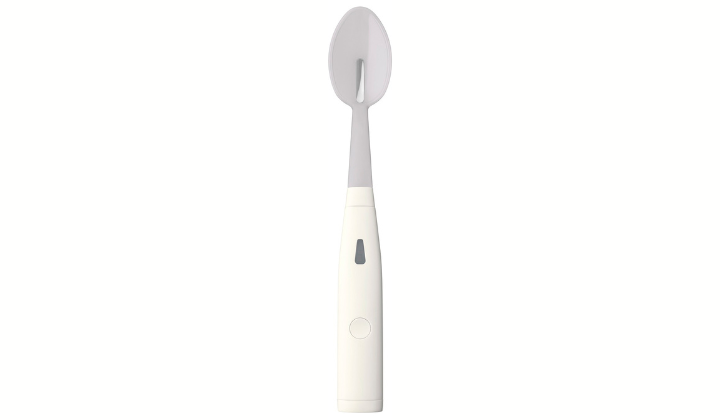Kirin Holdings, a Japanese beer and beverage holding company, will start selling an electrified spoon that researchers claim can promote healthier eating by enhancing salty tastes without adding extra sodium.
This marks the first commercialisation of technology that won an Ig Nobel Prize last year, which honour’s unusual and whimsical research, according to Reuters.
Kirin will initially sell 200 of its Electric Salt Spoons online for 19,800 yen (~RM595) this month, followed by a limited run at a Japanese retailer in June. Weighing 60 grams, the spoon runs on a rechargeable lithium battery.

The company aims to reach 1 million users globally within five years, with overseas sales starting next year.
Co-developed with Meiji University professor Homei Miyashita, the spoon, made of plastic and metal, works by passing a weak electric field from the spoon to concentrate sodium ion molecules on the tongue, enhancing the perceived saltiness of the food.
Pivoting towards healthcare from its traditional beer business, Kirin highlights the technology’s significance in Japan, where the average adult consumes about 10 grams of salt per day—double the amount recommended by the World Health Organization.
Excess sodium intake is linked to increased incidence of high blood pressure, strokes, and other ailments.
Kirin researcher Ai Sato noted that Japan has a food culture that tends to favour salty flavours and they developed this electric spoon to encourage people to reduce their salt intake.









